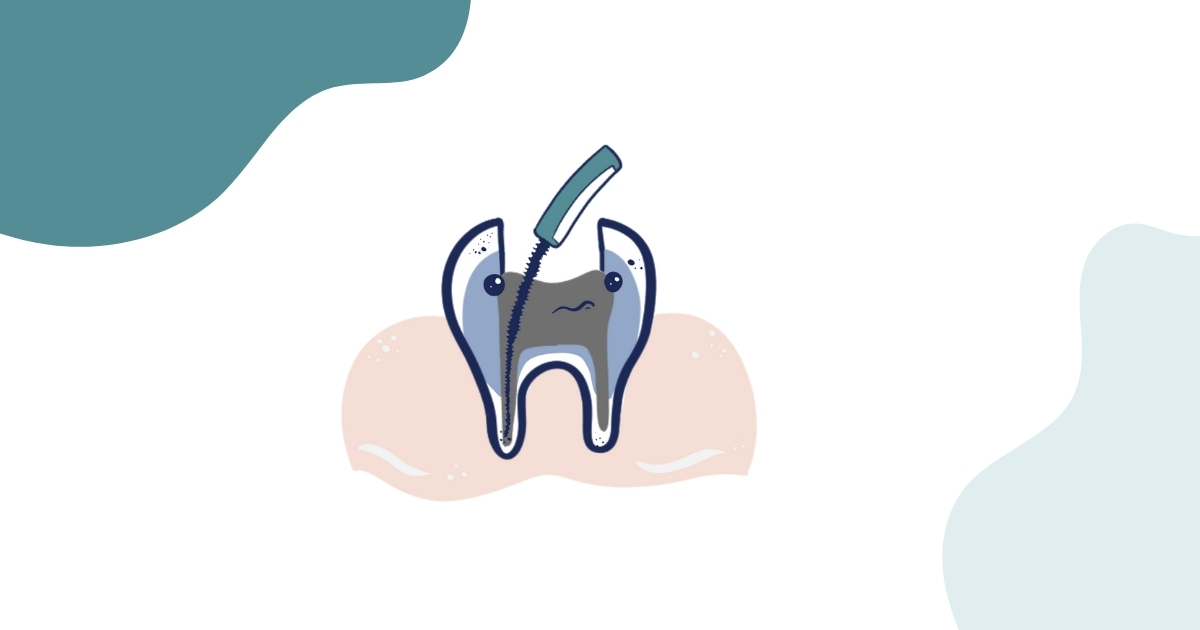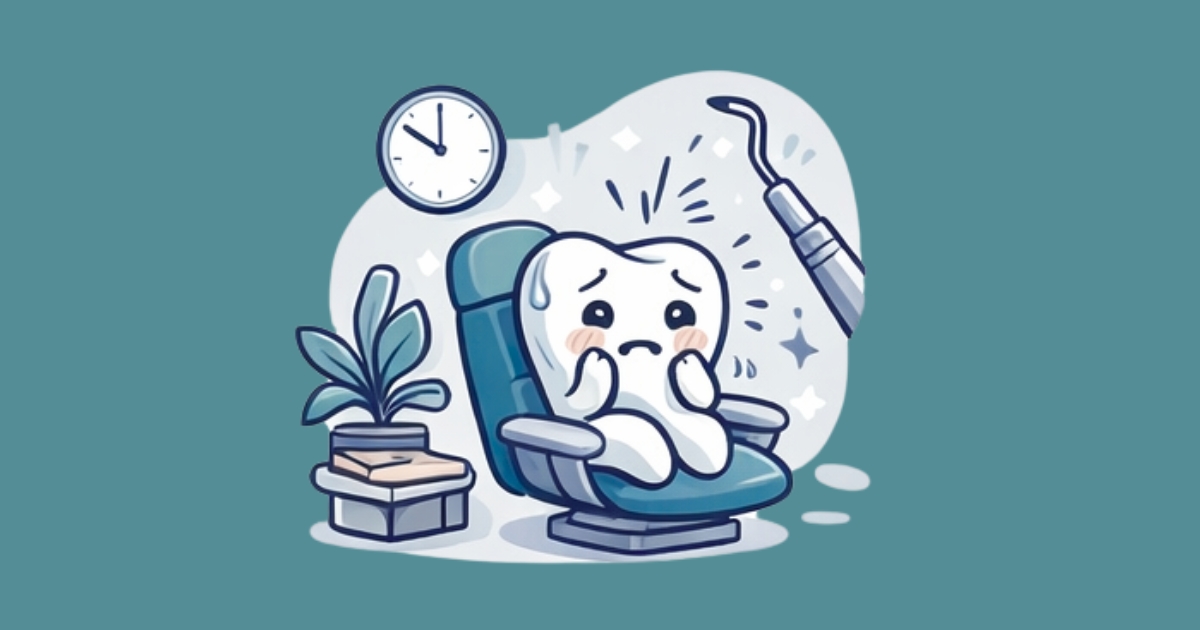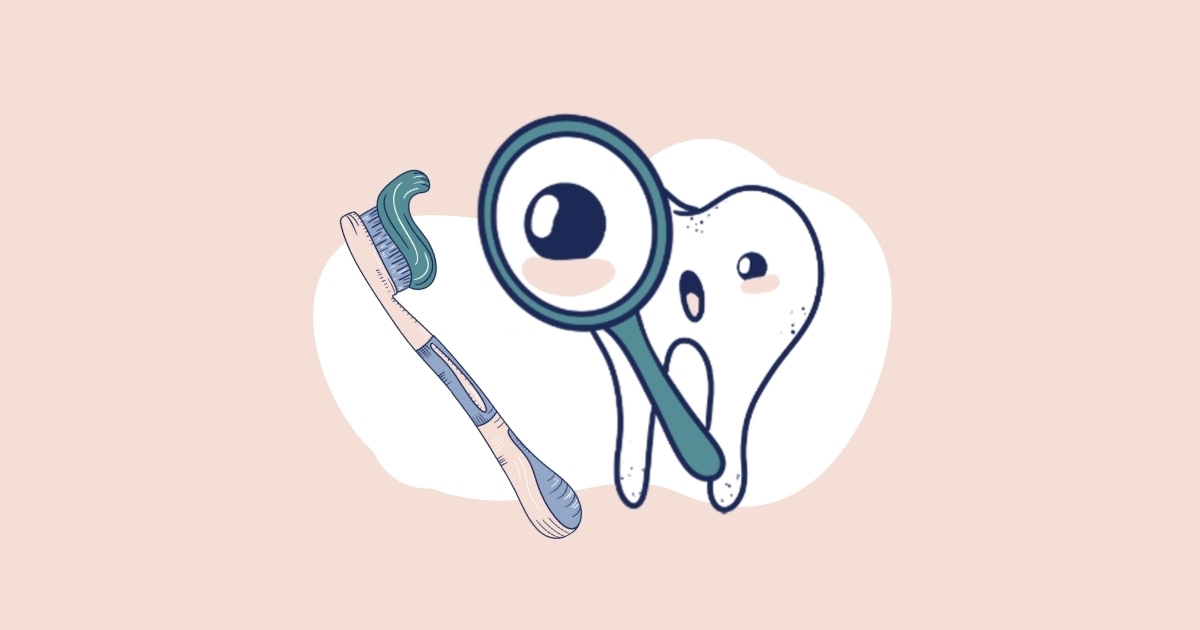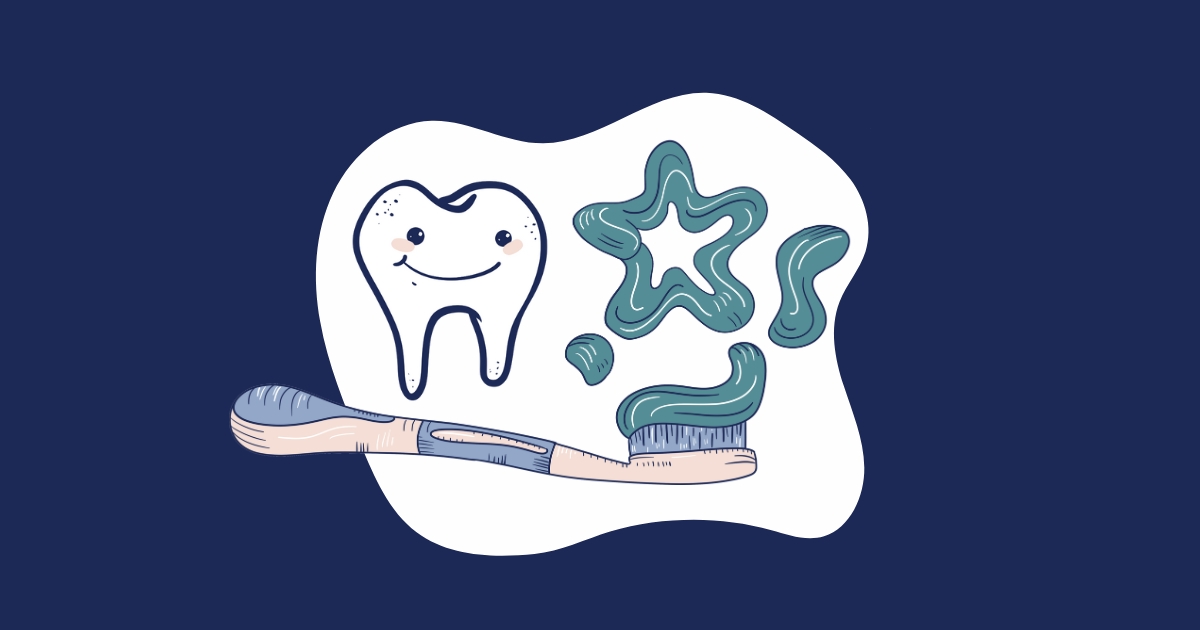Once upon a time, the words “root canal” were among the scariest for dental patients.
But, thanks to significant advances in root canal therapy and the awesomeness of modern technology, endodontic treatments (aka root canals) are more straightforward and more comfortable than ever before!
A root canal is a procedure that saves your natural tooth by removing the infected dental pulp and replacing it with a restorative filling. Dental pulp is the living portion of your tooth. It’s made up of blood vessels, nerves, cells, and connective tissues protected by hard outer layers of dentin and enamel.
When bacteria are able to break through the protective layers and infect the pulp, the tooth cannot heal itself. The infection needs to be removed through a root canal procedure.
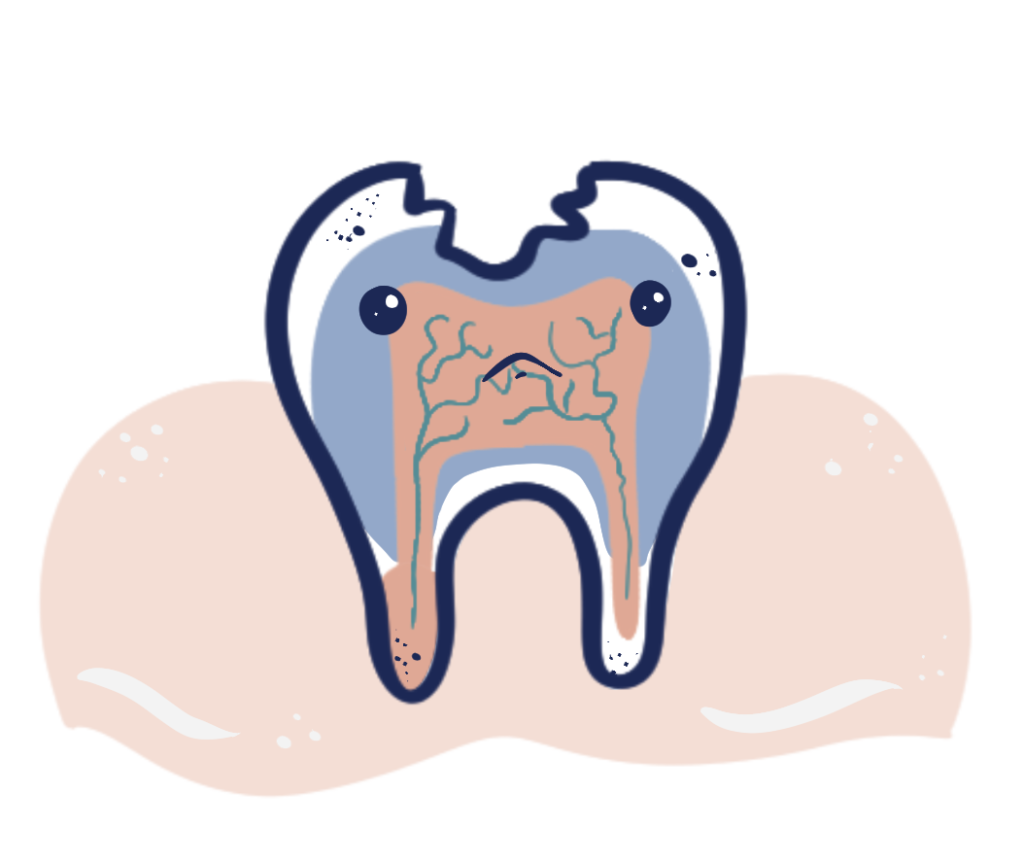
When is a Root Canal Needed?
There are several signs that you may need a root canal. Pain and discomfort in your tooth, jaw, or face that won’t go away is one of the first signs that bacteria are wreaking havoc on your pulp! Other indicators include:
- Tooth sensitivity to heat and cold, especially if it lasts longer than a few seconds
- Tooth discoloration
- Swollen jaw
- Crack across the tooth surface
- Sharp pain on biting
- Pimple on the gums
- Loose-feeling permanent tooth
See your dentist immediately if you notice any of these symptoms. A root canal can save your damaged tooth from further damage or extraction. It can also prevent the spread of infection and quickly relieve your pain.
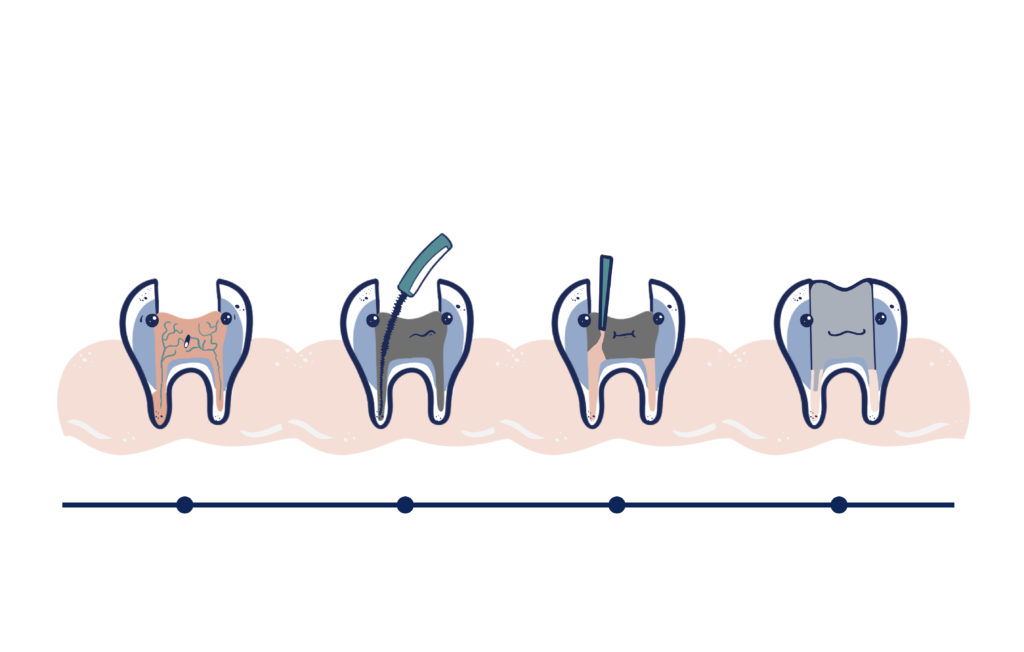
Root Canal Procedure
A root canal procedure should only take 1 or 2 visits to your dentist. It’s sometimes a lengthy procedure due to the precision needed to clean the nerve canals. However, it’s common for dentists to do them easily and successfully every day.
Preparing your mouth and tooth
Your tooth and the surrounding tissue will be completely numbed with a local anesthetic, so you should be very comfortable for the entire process. Your dentist will isolate the affected tooth with a dental dam, a thin sheet of latex or silicone commonly used in endodontic procedures. This creates a sterile environment for your root canal. Then, the dentist drills a small hole in the top of the affected tooth to access the nerve canals in the center.
Cleaning and shaping your tooth
Once the hole is drilled, your dentist will use very small instruments to clean out the pulp. Next, they will use antiseptic and antibacterial solutions to cleanse the empty chamber. Now that everything is clean and infection-free, your dentist will shape the tiny walls of the root canals, so they’re prepared to accommodate the filling material. You won’t feel any discomfort because the nerves have all been removed from the area.
Filling and sealing your tooth
Next, the dentist fills the empty chamber with a natural rubber material called gutta-percha. Then, they will seal the small hole they drilled at the beginning of the procedure to prevent bacteria from entering and re-infecting your tooth.
Adding a crown
Frequently, after a root canal, your tooth requires a crown. Often there is already a large filling, cavity, or crack which has necessitated the root canal. The tooth also becomes more brittle after removing the blood supply. Your dentist will place a crown over the affected tooth for added protection and cosmetic restoration if needed. This helps seal the tooth and prevent breakdown to keep your tooth long-term!
After a Root Canal
The anesthetic may leave your mouth numb for a couple of hours after the procedure, but you should return to your daily activities immediately.
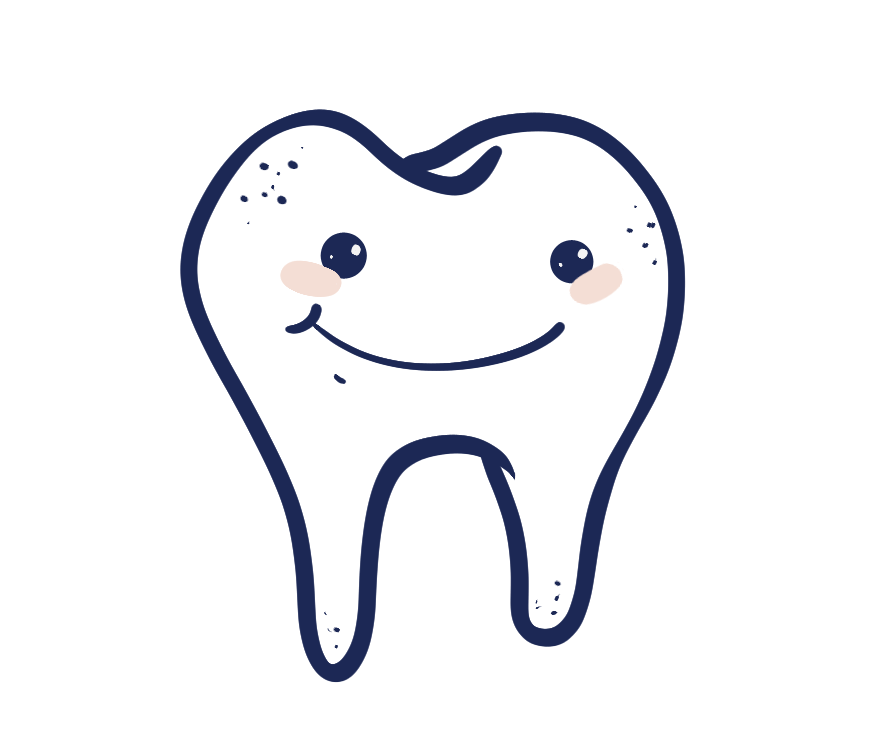
Although you may feel some discomfort or sensitivity for 2 or 3 days after your root canal, it’s usually manageable with an over-the-counter pain reliever like ibuprofen or acetaminophen. Your dentist may send you home with some antibiotics, but that’s not always necessary.
Continue to brush and floss normally. Avoid chewing hard or brittle foods or consuming extremely hot or cold foods/beverages for a couple of days following your root canal. Your tooth should be healed up and feeling great in under a week.
Root canals don’t need to be scary anymore. Our caring, skilled team will walk you through the procedure step-by-step to ensure you’re comfortable before, during, and after your root canal. If you’re experiencing tooth pain, or if you just need a routine cleaning near Gastonia, NC, give us a call at 704.864.9949 or book an appointment online.
Healthy Gums,
Healthy Life
If dental health is important to you and your family, take steps to know how to keep your gums healthy. Gum health is essential to maintaining healthy teeth and overall good dental hygiene. Brush and floss multiple times per day, avoid tobacco products, and use a therapeutic mouthwash.
If you want to know more about maintaining a healthy smile, book an appointment today with Bass Dentistry.

